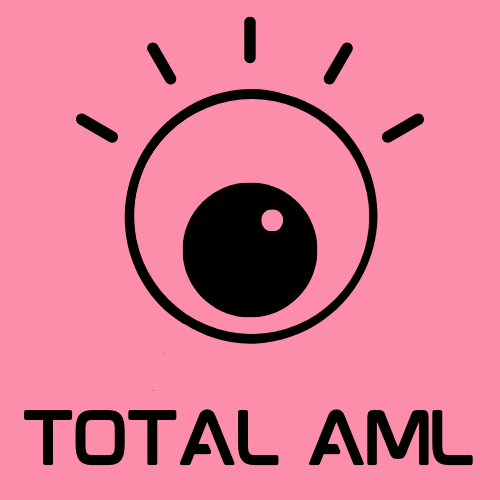Targeted Financial Sanctions
Summary
Section 28 of the Anti-Money Laundering and Counter-Terrorism Financing (AML/CTF) Amendment Bill states that a reporting entity must not commence providing a designated service to a customer if the reporting entity has not established, on reasonable grounds, whether:
the customer
any beneficial owner of the customer
any person acting on behalf of the customer
is a person designated for targeted financial sanctions.
Should this amendment pass into legislation, it would significantly change Australian AML/CTF compliance. So, let’s talk about sanctions.
Sanctions are an instrument of foreign policy which do not involve the use of armed force. Australia implements two types of sanctions: United States Security Council sanctions, and Australian autonomous sanction.
In response to a situation of international concern, Australia and/or the United Nations Security Council mainly impose a sanctions ‘regime’. This usually comprises restrictions on trade and on engaging in commercial activities, travel bans on certain persons, and, most importantly for reporting entities, targeted financial sanctions on a designated person and entity. Targeted financial sanctions prohibit the supply of any asset whatsoever to designated persons or entities.
This means that you should consider your level of risk in relation to different sanctions regimes. For example, Australia currently applies a United Nations and Australian sanctions regime on North Korea and autonomous sanctions on Russia. You can find here a list of sanction regimes, to consider where your jurisdictional risks are higher.
Once you have assessed your risks, you need to develop mitigation strategies, and in particular, you need to apply customer due diligence processes to detect a designated person or entity. To do so, an important resource is the Consolidated List from the Department of Foreign Affairs and Trade, and the list of United Nations sanctioned individuals and entities. If you have branches or other overseas exposure, for example in the United States or the European Union, you may need to consider your sanctions obligations there as well.
If you are, or think you may be, holding an asset that is owned or controlled by a listed person or entity, you must hold (or ‘freeze’) the asset and inform the Australian Federal Police as soon as possible. You should also contact the Australian Federal Police if it is unclear whether an asset that you hold is owned or controlled by a designated person or entity.
Get in touch to talk about your specific situation
